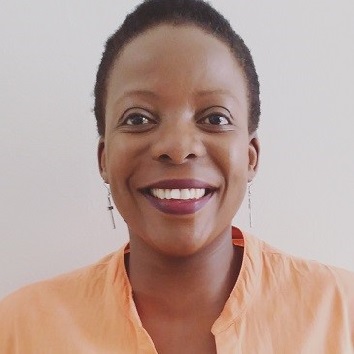Bio
Dr. Thulisile Mphambukeli is currently a senior lecturer at the Department of Urban and Regional Planning, University of the Free State (UFS), South Africa. She obtained a Bachelor in Theology at Faith Bible College, a Bachelor of Community and Development Studies and Master of Town and Regional Planning at the University of KwaZulu-Natal, and a PhD in Urban and Regional Planning from UFS. She was a Fellow of The World Academy of Sciences in Italy (hosted at University of Konstanz, Germany) and a University of the Free State Rector’s Prestige Scholar. Dr. Mphambukeli is an alumnus of the Brown International Advance Research Institute (BIARI) at Brown University, USA, and the Public Affairs Research Institute, University of Witwatersrand. She is a recipient of many research grants and awards, such as the BRICS Think Tank Academic Forum Grant, NRF Knowledge Interchange and Collaboration (KIC) Individual Travel Grant (South Africa), the Herrenhausen Conference Travel Grant (Germany), and BRICS Think Tank Academic Forum Seed Funding (South Africa). She has published extensively in local and international journals.
Some of Dr. Mphambukeli’s recent publications include, “Migration, Marginalisation and Oppression in Mangaung,” (with Nel V.J) in Contested Belonging: The Political Economy of Crisis, Identity, and Migration in Postcolonial Southern African (Springer, 2017), and “A Thriving Coal Mining City in Crisis? The governance and spatial planning challenges at Witbank, South Africa” in Land Use Policy (2017).

